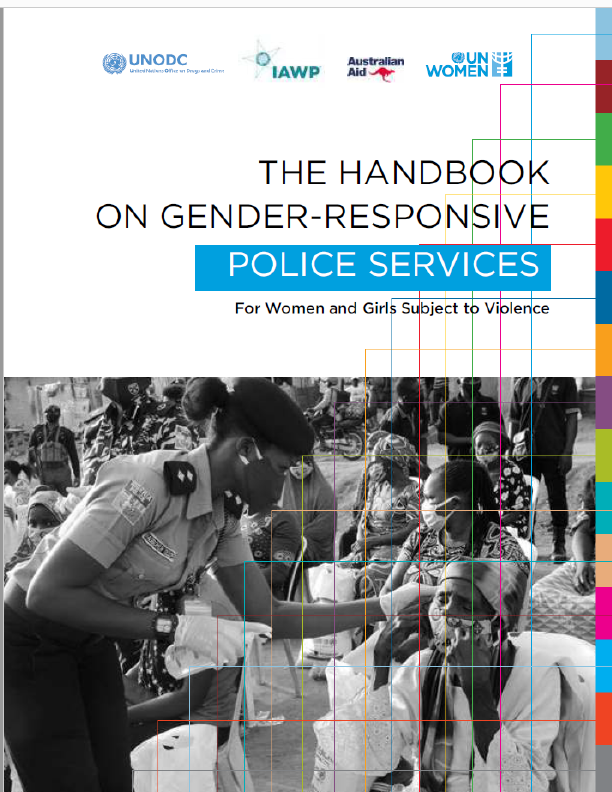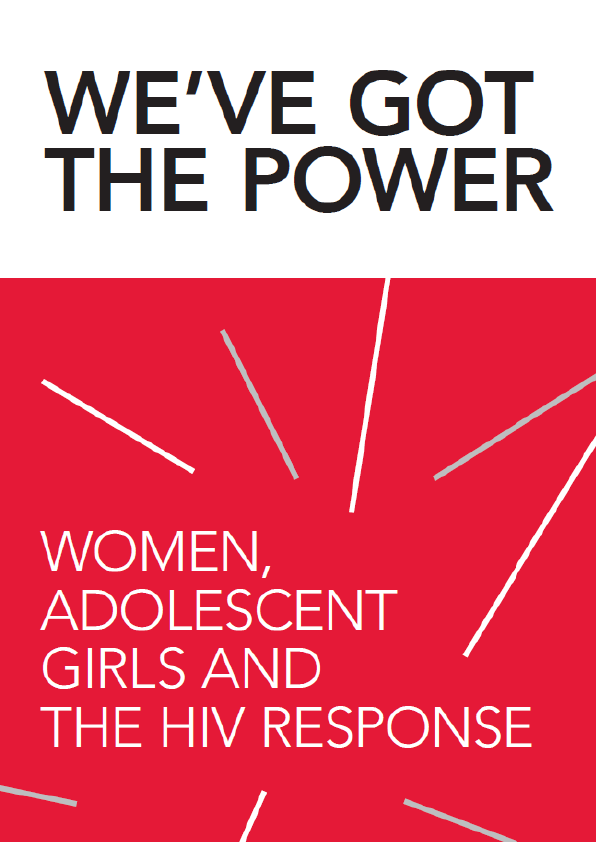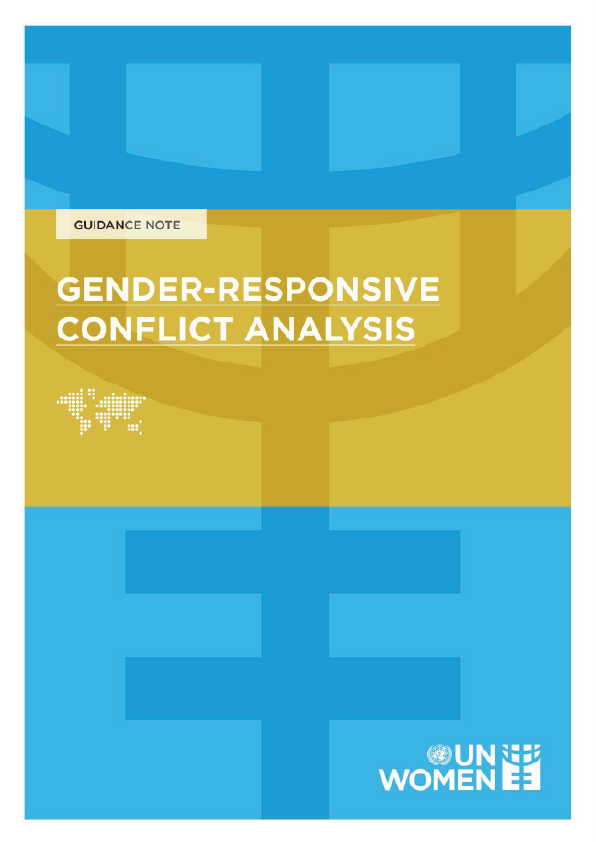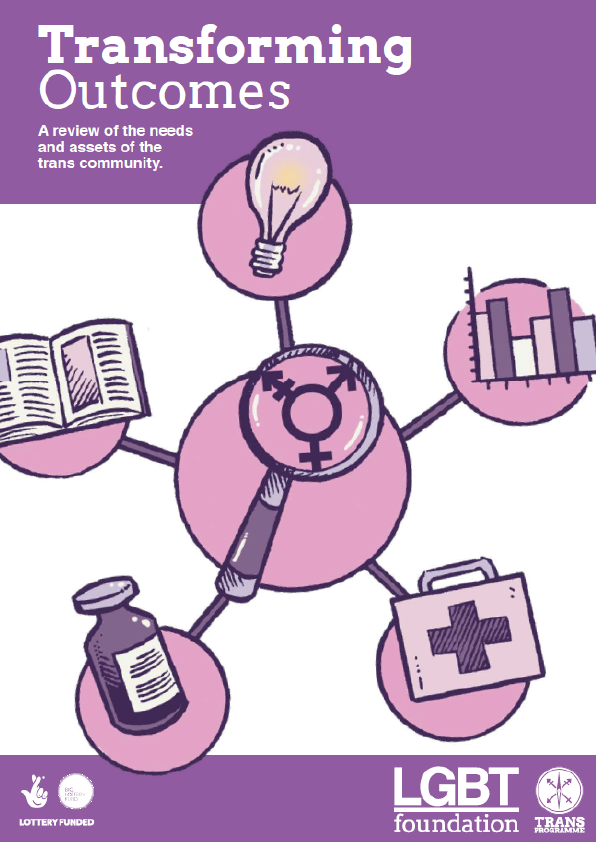Purpose, scope and methodology
Equality in law is crucial to gender equality, as women and girls look to the laws of their State to protect, fulfil and enforce their rights. Laws that discriminate and deny them equal rights with men and boys betray their trust in society and signal that gender discrimination is acceptable, normal and expected. Women and girls left behind by discriminatory laws are often permanently excluded from the benefits of development. Conversely, the implementation of good laws that conform to the human rights principles of equality and non-discrimination can help sustain efforts to move towards just, peaceful and inclusive societies; environmental and climate justice; equal participation in decision-making at all levels; universal access to essential public services; and economic prosperity for all. All aspects of the law – constitutional, civil, criminal, labour and administrative – that discriminate against women and girls need urgent attention. Repeal or revision of discriminatory laws is imperative, along with the work to enact and put into action laws that enhance existing legal protections and ensure backing by adequate resources. A law that is not being implemented is equally not working for those who need it the most.
This Handbook therefore aims to serve as a resource for lawmakers from around the world for designing gender-responsive laws. Such law-making should address the strategic needs of women and girls and must encompass the enactment of new laws, amending or repealing laws which are outdated, are inconsistent with constitutions, or discriminate against them. The Handbook was prepared in close consultation with parliamentarians from across different legal systems of the world, combined with a desk review of relevant literature.











